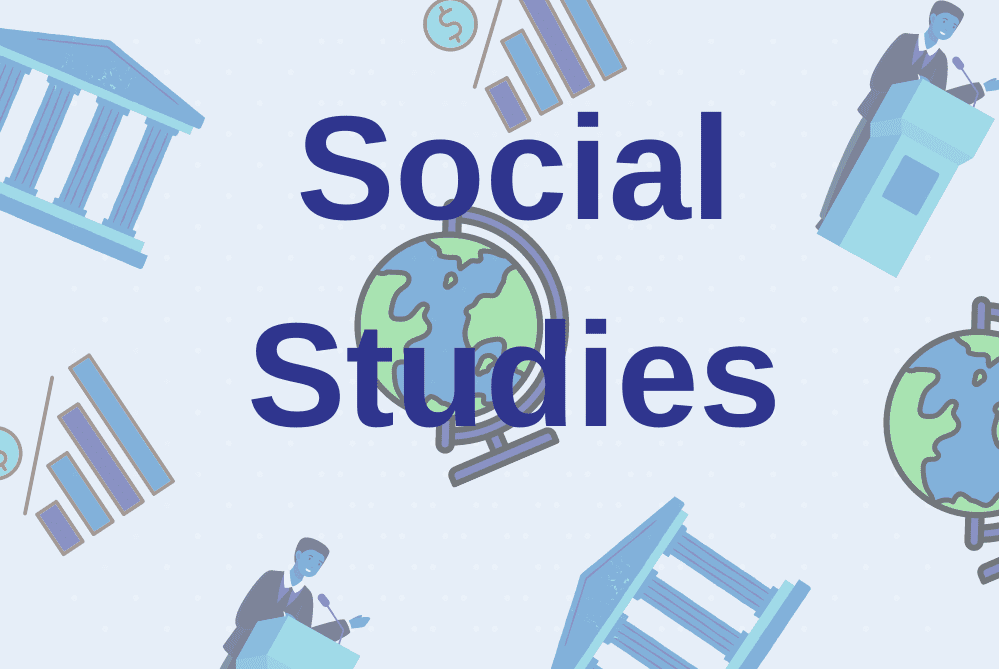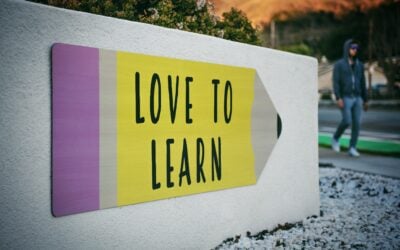What Is Social Studies?
As an educational publisher, it is important to consider the common misconceptions that students may have about social studies when developing content. Social studies is a broad subject area that encompasses a range of topics such as history, geography, economics, and civics. Misconceptions about these topics can hinder students’ learning and affect their overall understanding of the world around them. Additionally, being able to understand a wide range of vocabulary and concepts enhances reading comprehension. For example, it is far easier to understand a book like All Quiet on the Western Front if you have some knowledge of World War I and European geography.
What Are Social Studies Standards?
Social studies standards in education are a set of guidelines that outline the knowledge and skills students should attain in social studies. They have been issued by states, the Common Core, and by the National Council for the Social Studies. Many guidelines emphasize the ability to ask questions and identify chronological reasoning and causation. Students who have misconceptions about these standards will not be equipped to become informed and engaged citizens, capable of contributing positively to their communities and the world.
What Are the 4 Common Misconceptions Students Have About Social Studies?
History is just a list of dates and facts
One of the most common misconceptions about history is that it is simply a list of dates and facts that students need to memorize. This misconception can make history seem like a tedious subject to students and may result in them disengaging from the content. However, history is much more than a list of dates and facts. It is a narrative of human experiences, decisions, and actions that have shaped our world. To address this misconception, educational publishers should focus on creating content that presents history as a story with characters, plot, and themes. Incorporating primary sources and multimedia such as images, videos, and audio can also help students understand the context and relevance of historical events.
Geography is just about memorizing maps and locations
Another common misconception about social studies is that geography is simply about memorizing maps and locations. While map skills are important, geography is much more than that. Geography is the study of the relationship between people and the environment. It includes topics such as physical geography, human geography, and cultural geography. To address this misconception, educational publishers should create content that focuses on the interdisciplinary nature of geography. They should also include real-world examples and projects to help students understand the importance of geography in our daily lives.
Economics is just about money and finance
Many students believe that economics is only about money and finance. While money and finance are important aspects of economics, the subject is much broader than that. Economics is the study of how people make decisions about the allocation of resources. It includes topics such as microeconomics, macroeconomics, and international economics. To address this misconception, educational publishers should create content that emphasizes the real-world applications of economics. They should also include case studies and simulations to help students understand how economic principles can be applied to solve real-world problems.
Civics is just about government and politics
Finally, many students believe that civics is only about government and politics. While government and politics are important aspects of civics, the subject is much more than that. Civics is the study of how citizens interact with their society and government. It includes topics such as citizenship, democracy, and human rights. To address this misconception, educational publishers should create content that emphasizes the importance of civic engagement and participation. They should also include case studies and examples of how individuals and groups have made a difference in their communities through civic action.
Conclusion
In conclusion, social studies is a broad subject area that encompasses a range of topics. Misconceptions about these topics can hinder students’ comprehension of the world around them. Educational publishers can address these misconceptions by creating content that presents these topics in an interdisciplinary and engaging way. By doing so, they can help students develop a deeper understanding of social studies and its relevance to their daily lives.




